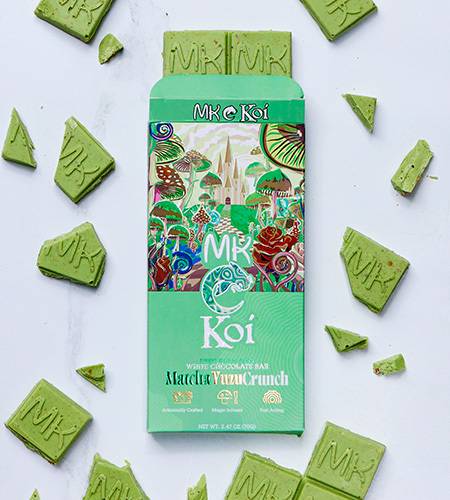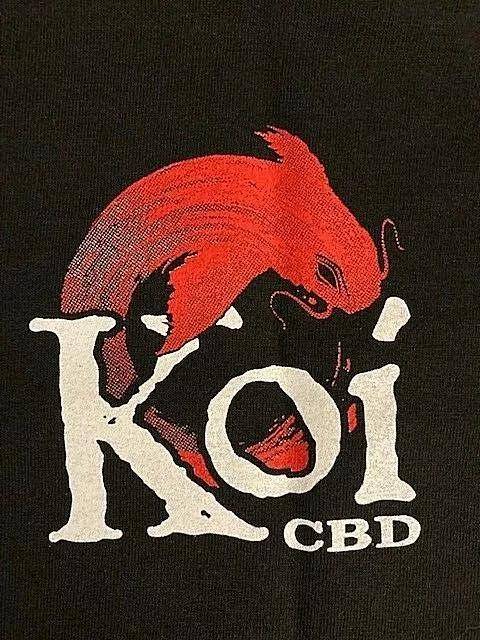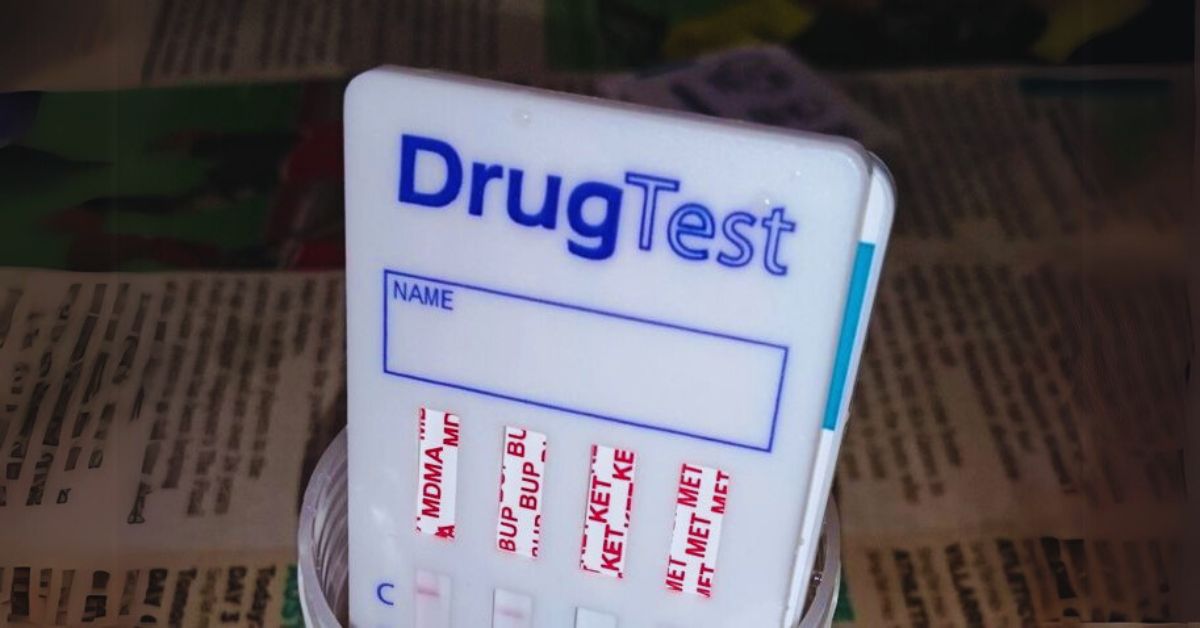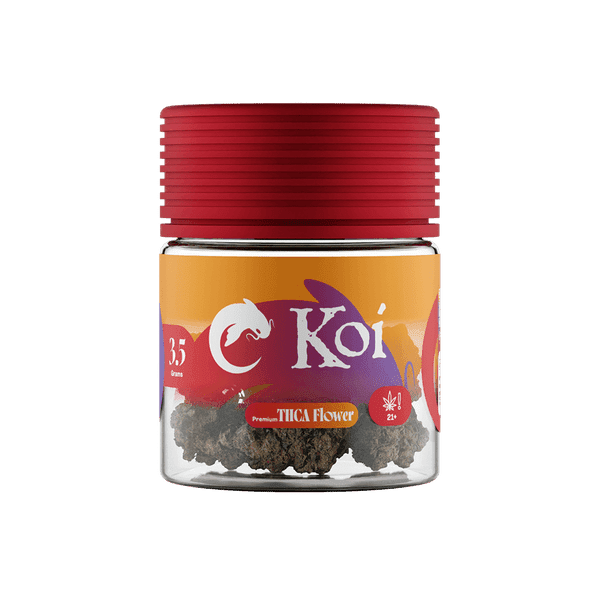The idea that will HHC fail a drug test is one of the fallacies that contribute to its widespread use among consumers. Some marketers use these tales to promote HHC products, even though that is the story and word on the street.
Elevate Holistics is here to count the votes and end the current resurgence of the discussion over whether or not the HHC drug test will return positive.
Whats HHC?
The majority of consumers use HHC products for the same reasons they use THC: to experience the special uplifting effects of the HHC cannabinoid. The effects of HHC are pleasant and notably calming, although there is little to no cerebral fogginess. It is a great place to get creative, relax, spend time with friends, or lose yourself in a book. It’s also possible to find those who use it for its inherent health benefits.
The idea that HHC has advantages comparable to those of THC yet is undetectable by drug testing is another factor driving people to use it. However, that isn’t always the case.
First, a brief synopsis addresses the frequently asked topic: what is HHC? Hexahydrocannabinol, or HHC, is a cannabinoid produced from hemp that has uplifting qualities comparable to delta 9, albeit with a slightly weaker potency. Roughly 80% of delta 9’s potency is thought to be present in HHC.
The hemp plant naturally contains small levels of HHC. Therefore, by converting it from other more prevalent cannabinoids, such as hemp CBD, scientists can safely produce HHC for HHC goods. American scientist Roger Adams invented it for the first time in 1944. He hydrogenated delta 9 by adding hydrogen molecules. Consequently, hexahydrocannabinol was produced.
HHC functions similarly to other naturally occurring cannabinoids as a cannabinoid. To produce its uplifting effects and other health advantages, it engages with and activates cannabinoid receptors.
Is HHC Natural?
Although it is present in minute amounts, HHC is a minor cannabinoid discovered naturally in cannabis plants. Hydrogenation is adding hydrogen molecules to hemp-derived cannabinoids under pressure to produce acceptable amounts of HHC.
Legal hemp usually contains additional cannabinoids that are synthesized into commercially available HHC. Despite having a natural origin, HHC is concentrated for commercial usage by a human-mediated process.
How Is HHC Made?
The intoxicating effects of cannabinoids generated from hemp are largely due to chemical mechanisms. First, solvent extraction and mechanical separation extract HHC from raw hemp. As a HHC drug test results, the cannabinoid is extracted and distilled into a powder.
After that, isolated CBD undergoes isomerization, a chemical process that turns it into Delta 9 THC.
The Delta 9 THC chemical then undergoes hydrogenation, a process in which complicated molecules are broken down into simpler ones by variations in temperature or pressure. In this instance, a catalyst is used to change the physical characteristics of the THC complex by adding hydrogen, which transforms it into HHC.
A combination of cannabinoids is occasionally produced by converting CBD into HHC using fake gastric juice. The purity and safety of the HHC are then guaranteed by purifying the finished product to eliminate any undesirable substances. The cannabis industry’s complexity and scientific advancement are exemplified by these sophisticated chemical processes.
How Does HHC Work?
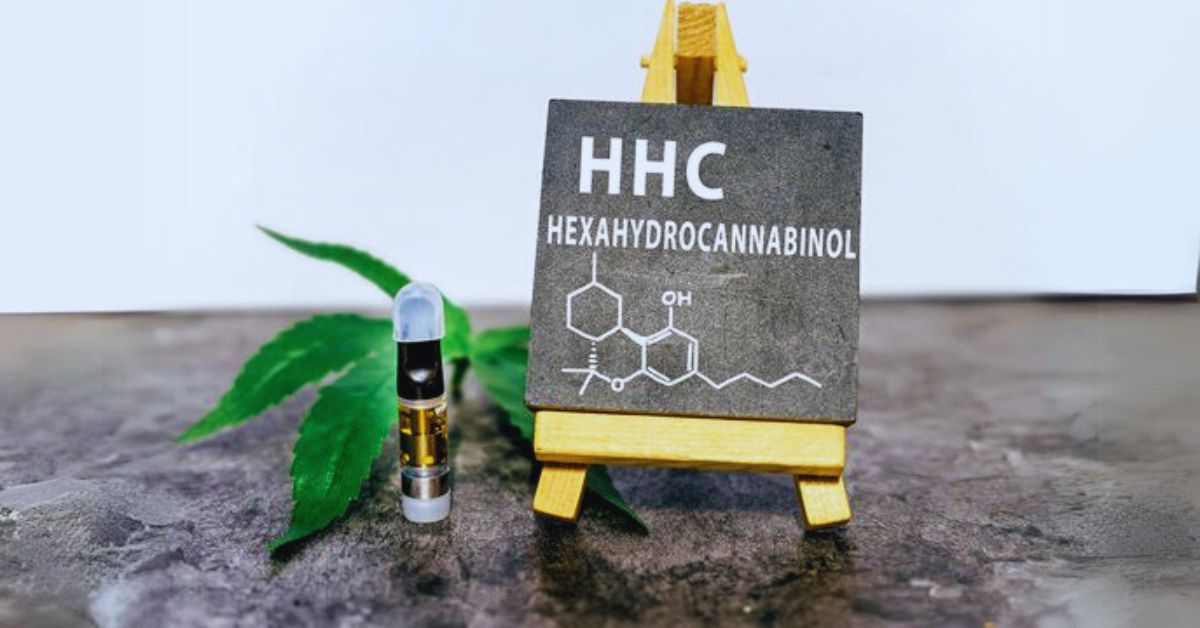
Recognizing HHC’s strong link to THC is essential to understanding why it could result in a drug test failure.
Inside the Body, delta-9 THC and HHC work essentially the same way. They interact with and impact the endocannabinoid system (ECS) network, which comprises enzymes, endocannabinoids, and receptors. The ECS is responsible for preserving balance and homeostasis in several bodily processes.
The CB1 receptors of the endocannabinoid method in the brain and central nervous System are the most significant. Like THC, HHC specifically hits these receptors. In addition to producing elevating effects, this direct binding to CB1 receptors supports other advantages like improved sleep and general health and wellness development.
Additionally, HHC interacts with other receptors to affect the Body’s synthesis of related hormones. However, more research is required to provide a more comprehensive understanding of how HHC functions in the Body.
If you’ve recently taken HHC, it’s fair to be worried about an impending drug test because the two substances have effects that are quite comparable.
Does HHC Show Up on a Drug Test and does HHC show up in a Drug Test?
The topic of whether HHC appears on a drug test is raised by the fact that, as we have discussed, cannabis-related drug tests are primarily made to search for THC and THC metabolites.
It’s doubtful that your place of employment, military unit, or any other establishment will perform drug tests, particularly for HHC, given the paucity of study on the drug and the apparent lack of lab attention.
The majority of drug tests use a 10-panel methodology that looks for different psychoactive or addictive chemicals in a variety of source materials. Among the substances are:
-
- Barbiturates
- Cocaine
- Amphetamines
- Methadone
- Benzodiazepines
- Phencyclidine
- Methaqualone
- Opiates
- Propoxyphene
- THC
A more accurate test is only conducted to validate the result if the test finds evidence of any of these compounds.
Does hhc show on a drug test, then? No, a drug test will not detect HHC directly.
THC, however, is likely to appear if you have been using any cannabis product.
Even if the question is reworded to include the sample type—for example, does hhc test positive for thc? The response would essentially be the same.
The problem with HHC and drug tests is that federal, state, or municipal authorities must make them more bothersome to include them in the top ten.
Will HHC show up on a Drug Test and will I test Poisitve after one small Vape Pen Hit?
Even if tests look for 11-hydroxy-THC, 11-hydroxy-HHC could still yield a good result.
Despite its antiquity, HHC has yet to be thoroughly studied, and it is uncertain if its metabolites will cause a failure. If you have an impending drug test, it’s recommended that you be cautious and stay away from HHC.
Steer clear of all hemp products before a drug test for added protection. Although hemp products and candies may contain trace levels of THC, you are unlikely to test positive after devouring a nonintoxicating byproduct like CBD. Although they are not entirely free of delta 9 THC, the primary regulatory requirement is that their level be 0.3% or below.
Consume only HHC goods from reliable suppliers who have undergone open safety testing. If not, the THC level can be even higher than anticipated.
How Does HHC Metabolize in the Body and does HHC Show up on Drug Ttest?
One important feature of HHC is its bioavailability; HHC show up on drug test, which means that your Body can easily metabolize or break down the substance and absorb and distribute it throughout your bloodstream. Both CBD and THC cannot claim this quality.
The effects of HHC are rapidly and readily felt throughout the Body because of its fast metabolization rate.
Your Body will metabolize about half of the HHC you ingested within 30 minutes of starting to work. After the symptoms subside, the remaining 50% is digested, lasting a few days.
Depending on your metabolic rate, mode of consumption, frequency of use, health, body mass index, and other variables, you may eventually have up to 23 days of HHC in your blood.
Remarkably, the metabolites of THC and HHC are comparable.
The main metabolite of THC is 11-hydroxy-THC or THC-COOH, but the main metabolite of HHC is 11-hydroxy-HHC, which can cause a positive THC test result.
How Do Urine Drug Tests Work?
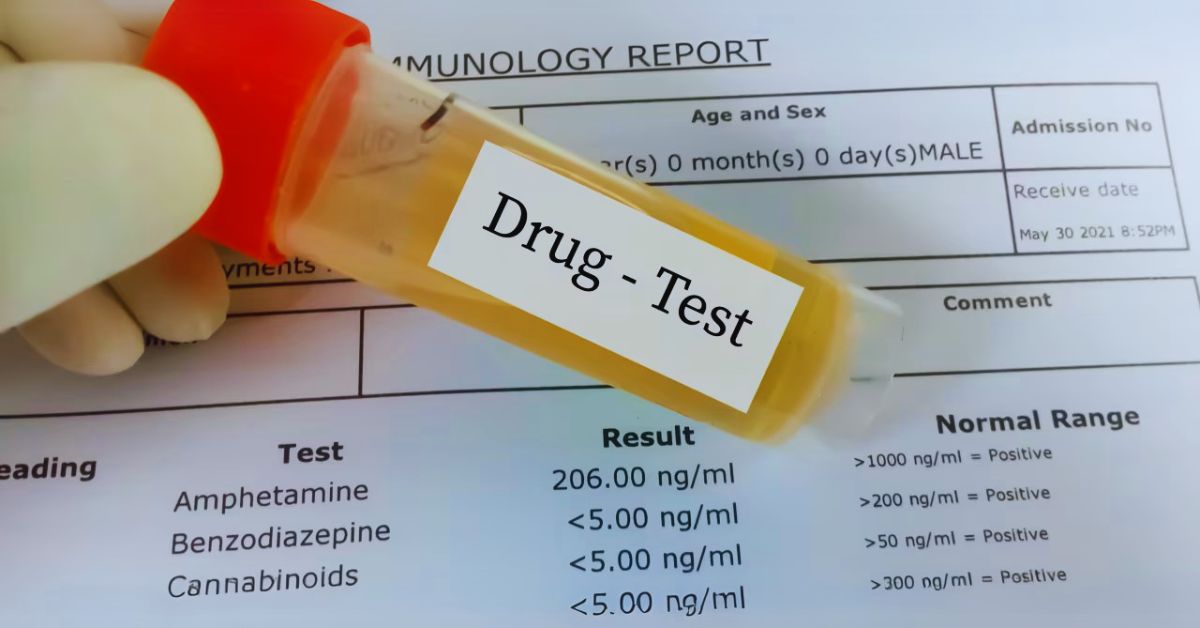
THC metabolites, which are compounds created as the Body breaks down THC, the main ingredient in cannabis, are what urine drug tests for cannabis products look for.
THC is converted by the Body into THC-COOH when a person consumes cannabis, and this compound is mainly eliminated through urine. A biochemical test called an immunoassay is used in the test to determine whether THC-COOH is present based on a detection threshold. The individual will have a failed drug test if these metabolites exceed the cutoff threshold.
How long does HHC last in your System?
Health, body fat, metabolism, frequency of use, and the amount consumed all affect how long HHC remains in your System. Like other cannabinoids, Hemp Oil Infused Essential Oils, HHC is retained in fatty tissues and can be detected for a few days to weeks, depending on how much is used.
HHC has a biological half-life of roughly half an hour, but it can linger longer in fatty tissues. The type of test also affects detection; blood tests can find HHC up to 24 hours after use and possibly later, while urine tests can find it up to 4 days.
A number of factors determine how long any cannabinoid, including HHC, remains in your System:
- Use frequency: Cells will accumulate more cannabinoids if HHC is used more frequently. It will take longer to digest and eliminate larger HHC reserves.
- Metabolism: Some people tend to metabolize foreign chemicals more quickly than others. If your metabolism is naturally faster, HHC won’t remain in your System for as long.
- Health conditions: Health issues, including other drugs, can slow your Body’s ability to metabolize HHC. It is particularly true for illnesses of the kidneys and liver.
- Consumption method: Compared to vaping, eating candy or other edibles may cause cannabis to remain in your System for a longer period. It was demonstrated to have a minor impact on saliva test findings.
- Body max index (BMI): Fat cells are the primary storage site for cannabinoids. More room is available for HHC and other cannabinoids if your cells are bigger.
- Age: As we age, our bodies change; one of those changes is a slower metabolism. If you’re an older adult, expect your Body to metabolize HHC more slowly.
- Stress levels: Mental or physical stress can slow down our metabolisms and cause cannabinoids like HHC to be processed more slowly.
Since there is currently little study on HHC, we cannot predict how long the molecule will remain in the Body. It usually takes four to six weeks for marijuana to be completely digested. The parameters above determine the precise speed.
Cannabinoids can be eliminated from your System in two weeks or less if you use them seldom or only once. On the other end of the scale, metabolites may persist for up to two or three months after prolonged, everyday use.
Types of Drug Tests
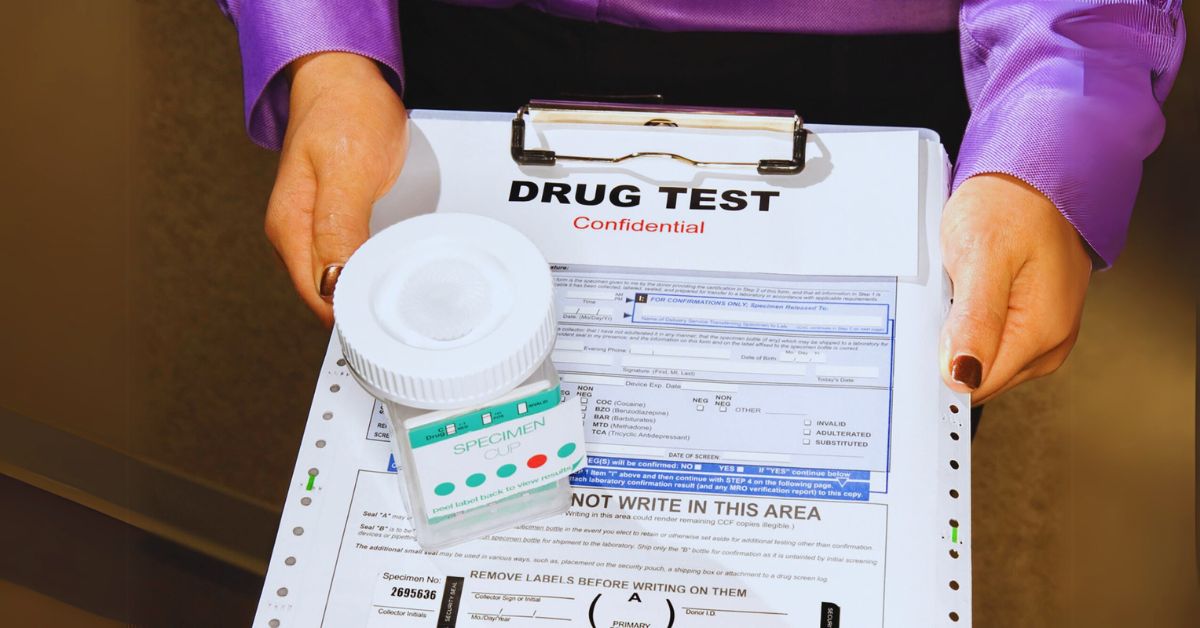
-
Urine drug test
Due to its broad range and affordability of chemical detection capabilities, urine testing is the most widely used drug screening technique. Urine testing can identify drugs used during the last few days to a week, but it can also identify some drugs used up to 30 days ago in regular users.
-
Blood tests
Although more intrusive, blood tests give precise information on the active ingredients in the blood. Compared to urine testing, this test has a shorter detection window and can identify active drugs for one to two days.
-
Saliva Tests
Saliva or oral fluid testing is less invasive than blood testing. It entails analyzing a sample of saliva for drugs. Like blood testing, it can identify THC or HHC metabolites for one to two days.
-
Hair follicle tests
Hair testing has a far longer detection window for measuring drug compounds and metabolites in hair samples. Approximately 7–10 days after use, and up to 90 days or longer, depending on hair length, this test can identify drug use.
-
HHC and drug tests
It is feared that because HHC and THC are so similar, HHC metabolites could generate positive findings in drug tests that look for THC metabolites. Consuming HHC may result in false positives when the test is unable to differentiate between THC and HHC derivatives since some drug tests are sensitive to the wider range of cannabis metabolites.
The best course of action for people who are being tested for drugs is to avoid using HHC for a few weeks before the test, just like you would with THC.
-
Factors influencing detection
Numerous factors can affect the detection of cannabinoids, such as tetrahydrocannabinol (HCH), in drug tests. Larger doses of HHC result in larger levels of HHC metabolites in the Body, which may increase the likelihood of a positive drug test.
Similar to THC, frequent use may cause HHC to build up in fat cells. Along with other variables like age, liver function, or body fat percentage, individual metabolism differs from person to person. It may impact how rapidly HHC is metabolized and eliminated from the Body.
The presence of HHC on a drug test may also depend on the sensitivity and specificity of the test. A failed drug test could result from certain tests that aren’t sophisticated enough to differentiate between THC and HHC metabolites but show that you have THC metabolites in your System.
-
Drug test regulations
The 2018 US Farm Bill made it lawful to grow cannabis plants and cannabinoids generated from hemp, provided that the THC content was less than 0.3%.HHC is often considered legal at the federal level if the THC content is less than 0.3% because it can be produced from CBD extracted from hemp. Although HHC goods satisfy this criterion, the legality of HHC varies by state. Therefore, before buying any HHC or THC products, make sure you are aware of your local regulations.
Conclusion
Steer clear of any hemp or marijuana-based goods, whether you’re going through a pre-employment test or another type of drug test.
Although we can’t be certain, ingesting cannabinoids like HHC generated from hemp may increase your chances. Avoiding any goods that contain traces of THC or similar cannabinoids is the recommended course of action.
Frequently Asked Questions
Does the HHC Drug Test Exist?
There are currently no drug tests designed especially to identify hexahydrocannabinol (HCH). The majority of common drug tests look for THC metabolites, and because THC and HHC share chemical similarities, using HHC may result in a drug test failure. The dangers of HHC and drug testing should be taken into account by those who are being tested.
What are the Different types of HHC Products?
Like other cannabis products, HHC comes in a variety of product forms to suit a range of tastes and consumption requirements, such as candies, oils, vapes, and pre-rolled joints.
How long does HHC take to leave your Body?
It includes elements like body fat, metabolism, dosage, and frequency. HHC can be seen in blood tests for up to two or three days and in urine tests for a few days to a few weeks. Only some studies precisely analyze HHC, and the values provided are based on analogies to THC.
